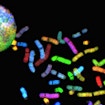
New data were added to SFARI Gene in December 2016. This data release included updated gene scores for candidate autism risk genes, new animal models, and new copy number variant loci associated with autism.

New data were added to SFARI Gene in December 2016. This data release included updated gene scores for candidate autism risk genes, new animal models, and new copy number variant loci associated with autism.

New Simons VIP Phase 2 data have recently been added to SFARI Base. This data release includes phenotypic data from individuals with 16p11.2 copy number variants (CNVs), 1q21.1 CNVs, and mutations in the following single genes: SCN2A, GRIN2B, ADNP and HIVEP2.

SFARI is pleased to announce that it has selected six finalists in response to the 2016 Bridge to Independence Award request for applications. This awards program is intended to invest in the next generation of top autism investigators by identifying talented early-career scientists and facilitating their transition to an independent research career.
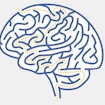
SFARI is pleased to announce that it has awarded 14 grants over the past year in response to the Explorer Awards request for applications.
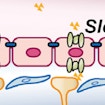
Gaia Novarino and Joseph Gleeson find impaired amino acid transport into brain causes ASD-like symptoms in mice, and uncover transport mutations in individuals with ASD.

SFARI is pleased to announce that it has awarded 27 grants (21 Pilot Awards and 6 Research Awards) in response to the 2016 Pilot and Research Awards request for applications.
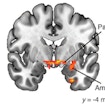
Suitable biomarkers are needed to assess treatment outcomes in ASD. Pamela Ventola has developed fMRI biomarkers that allow accurate prediction of intervention success.
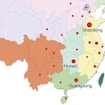
By assessing a Chinese autism cohort, Evan Eicher establishes the importance of de novo mutations for conferring autism risk in both European and Chinese populations.
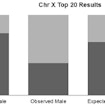
By examining SNPs from ASD datasets, Lauren Weiss finds that genetic mechanisms regulating general sex differences, such as height and weight, contribute to autism risk.
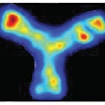
Betty Diamond reports on a method to isolate monoclonal brain-reactive antibodies from plasma obtained from mothers in the SSC, showing their in utero exposure can cause ASD.